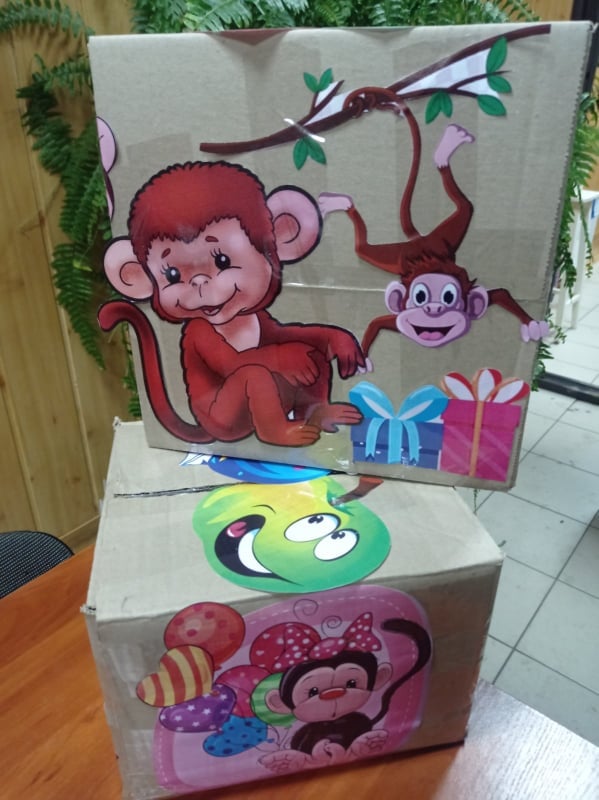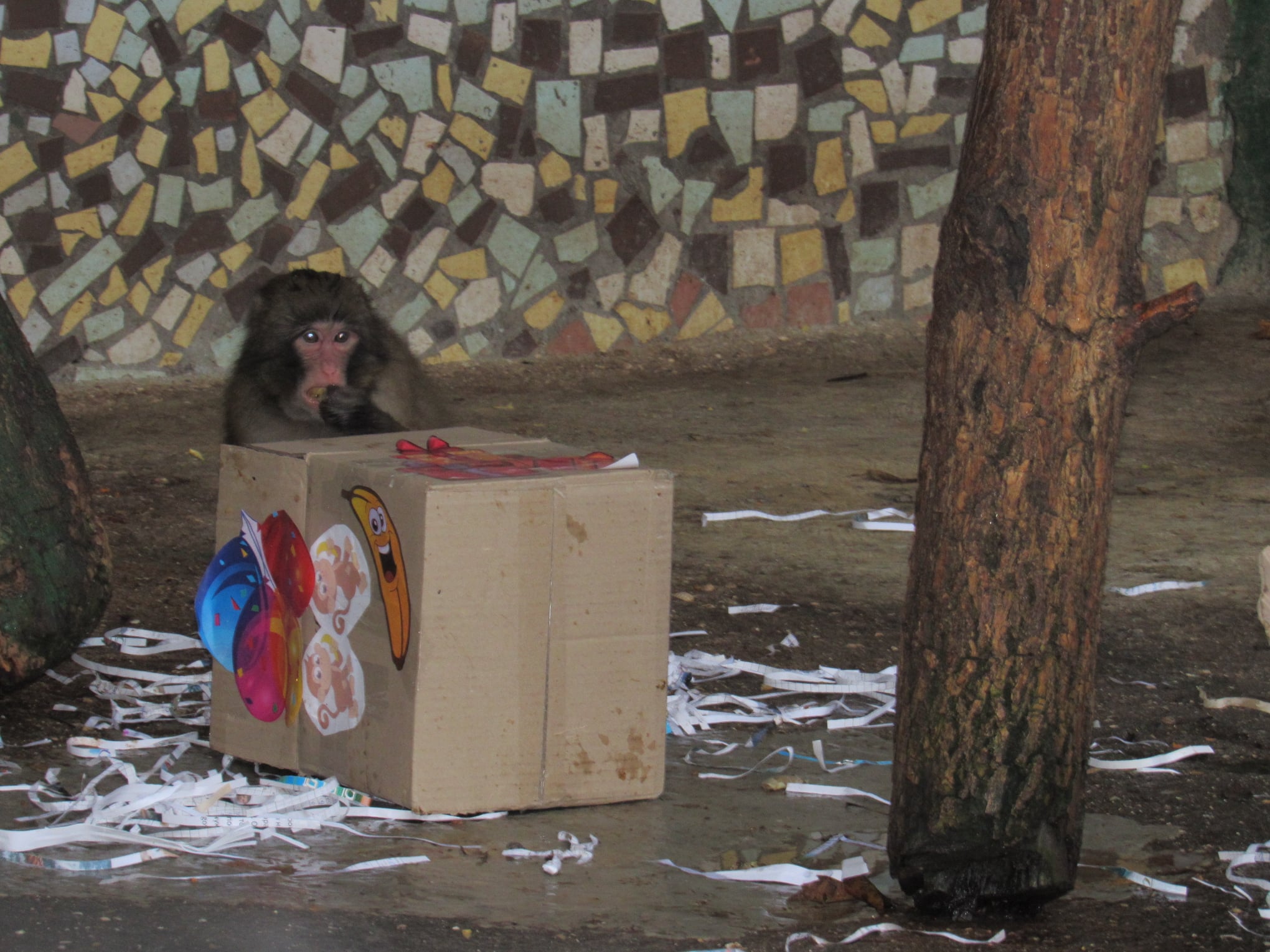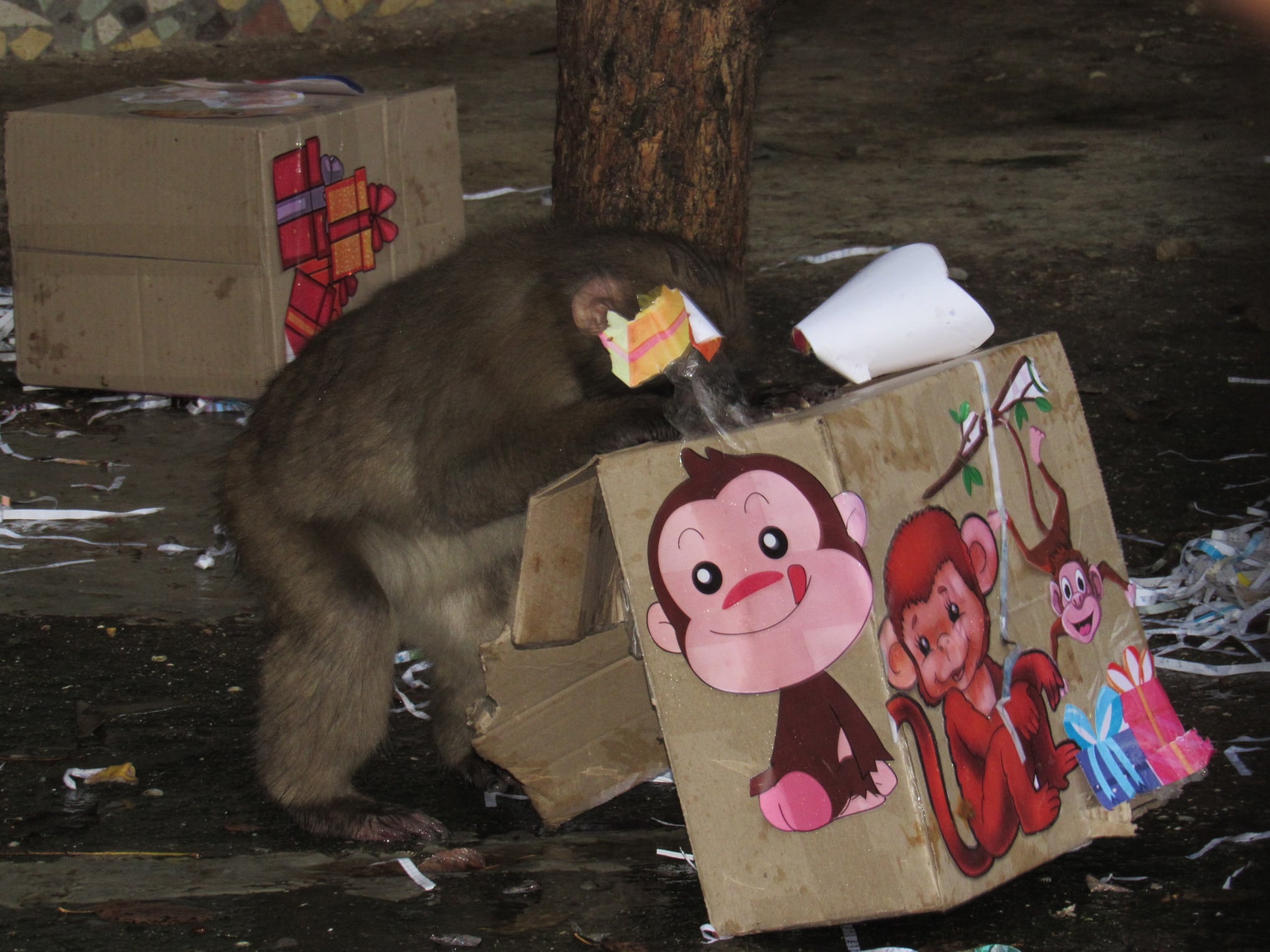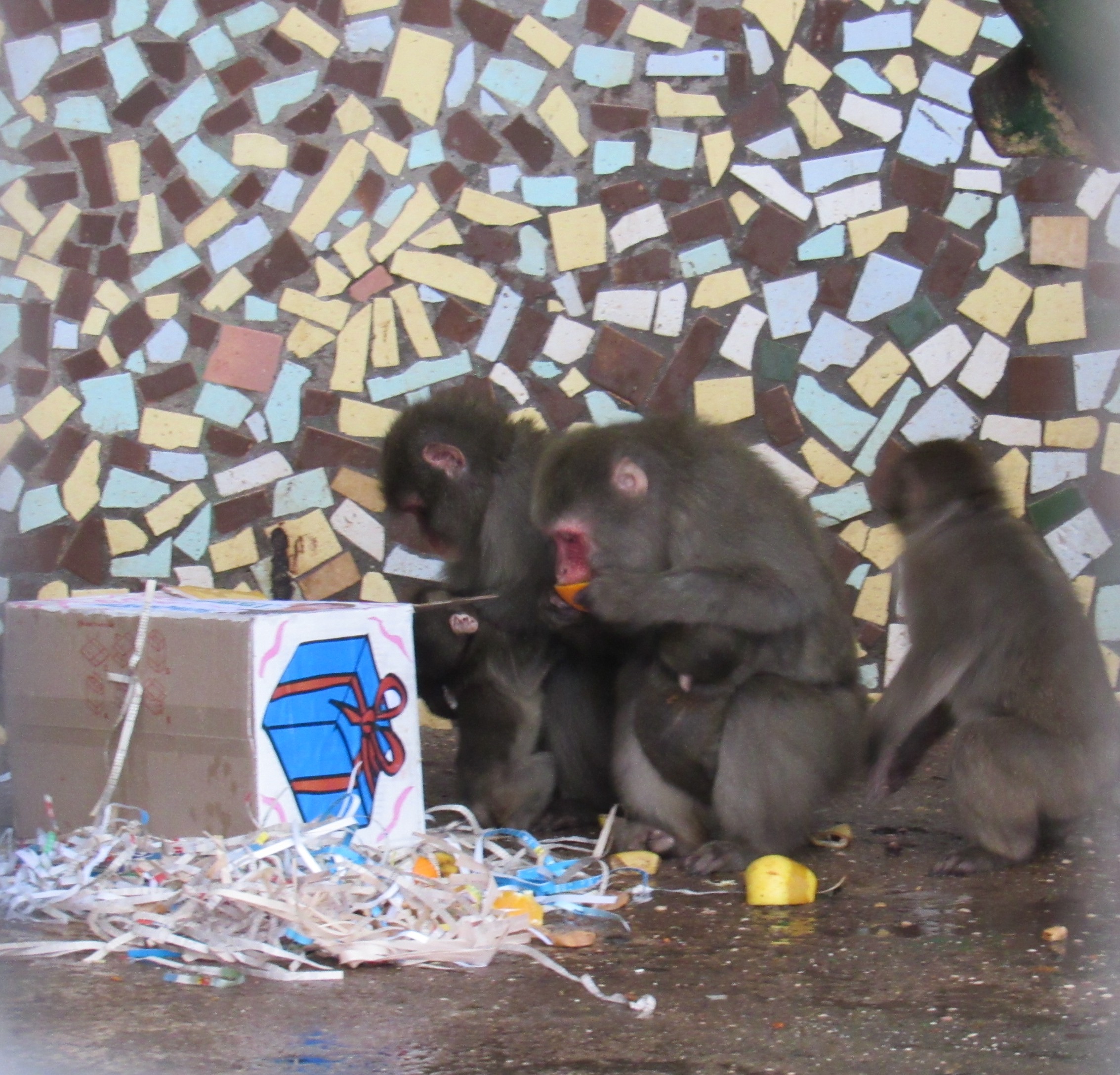World Monkey Day
December 14 – World Monkey Day.
This holiday appeared as a joke among students of the University of Michigan. One of the students marked the date of December 14 in the calendar as Monkey Day. It happened in 2000. Then the prank ended with a humorous holiday celebrated by students. However, as is often the case, the joke has gradually become a tradition, and the Internet has made it global. Artist Casey Sorrow and his friend began to use the idea of this holiday in their artwork and comics, which only contributed to the spread of the holiday first in the United States and then in other countries.
Gradually, the humorous tone of the celebration, when the participants dressed in monkey costumes and imitated them, began to acquire new features and forms. This occurred, first of all, thanks to zoologists and zoo workers, who began to prepare for the World Monkey Day a holiday program that combines the cognitive aspect along with the humorous. The holiday does not have an official international status and is not a state or national holiday of any country.
The purpose of World Monkey Day is to disseminate information about primates and the need to treat them with care.
Mykolaiv Zoo also keeps these cute animals. To date, the total collection of primates in our zoo has 75 individuals belonging to 15 species. In Mykolaiv Zoo live representatives of such species: chimpanzees (Pan troglodytes), mandrills (Mandrillus sphinx), siamangs (Hylobates syndactylus), tufted capuchins (Cebus apella), grivets (Cercopithecus aethiops), lion-tailed macaques (Macaca silenus), black-and-white ruffed lemurs (Varecia variegata), red ruffed lemurs (Varecia rubra), mangabeys (Cercocebus), ring-tailed lemurs (Lemur catta), cotton-top tamarins (Saguinus oedipus), squirrel monkeys (Saimiri), common marmosets (Callithrix jacchus), lar gibbons (Hylobates lar) and a very large family of Japanese macaques (Macaca fuscata).
To date, almost all species of primates breed in our zoo.
Chimpanzees are the largest monkeys in Mykolaiv Zoo. The smallest in size are common marmosets and cotton-top tamarins.
Zoo specialists developed a variety of diets for monkeys, which includes everything they need. Zoo staff also uses a creative approach in serving the menu, thus ensuring captive animals being busy.
Today for World Monkey Day various delicacies were prepared in Mykolaiv Zoo as a gift for our monkeys.
Now it is possible to observe only the family of Japanese macaques, which live all year round in summer enclosures. They were also given treats as a gift today. All other representatives of a number of primates are still impossible to see due to quarantine restrictions.
We look forward to your understanding!



